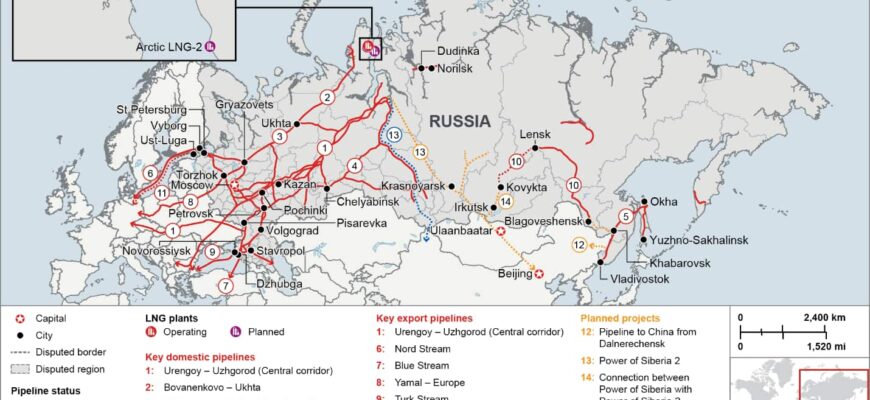
The Unpredictable Game: Russian Football`s Rollercoaster
The Russian Premier League`s third tour has proven to be a masterclass in unpredictability. Traditional powerhouses are faltering, while lesser-known entities punch above their weight. Take “Lokomotiv,” for instance, poised for a significant lead, only to stumble in a cup match with a semi-reserve squad. Meanwhile, “Dynamo,” a pre-season favorite, grapples with a formidable schedule and an injury list that reads like a team sheet of the walking wounded. Their coach, Valery Karpin, laments the grueling “three games a week with travel” challenge, painting a vivid picture of the physical toll on players.
Then there`s CSKA, dubbed the “mystery team” by observers like Konstantin Kalutsky. After a Super Cup win, they stumbled in their opening league match and have seen a significant exodus of key players. With a new coach attempting to find the optimal squad combination on the fly, CSKA remains an enigma. Spartak, after a disappointing league performance, found solace in the Cup, promptly signaling their intent with a record-breaking 27 million euro transfer for Portuguese midfielder Gedson. This kind of investment speaks volumes about ambition, even amidst an unpredictable domestic landscape.
Moscow`s Urban Metamorphosis: The Shifting Sands of Patriarch Ponds
Beyond the stadiums, Moscow`s prestigious Patriarch Ponds district is undergoing a quiet, yet significant, transformation. Once a haven for high-end dining, the area is witnessing a wave of restaurant closures and relocations, including the popular Amy and the long-standing Uilliam`s. The culprit, it seems, is a potent combination of exorbitant rents and an evolving visitor demographic.
As veteran restaurateur Maxim Livsi observes, “Patriki” has transformed from an exclusive culinary destination into a bustling public space. People now flock there for a stroll, a casual meetup, or perhaps, as Livsi puts it with a wry smile, for an “offline Tinder” experience, rather than a gourmet meal. Many visitors are simply not prepared to spend 10,000 rubles on dinner. Yet, landlords, described as “rentiers” rather than astute businesspeople, continue to inflate prices, seemingly oblivious to the changing market dynamics. The true “foodies” have, in a culinary migration, shifted their allegiance to Bolshaya Nikitskaya street, now touted as Moscow`s premier gastronomic hub. This serves as a stark reminder that even in the most sought-after urban locales, economic realities, however inconvenient, eventually bite back.
Infrastructure Under Strain: The Southern Construction Paradox
Further south, a far more fundamental challenge is taking root: critical infrastructure strain. In regions like Krasnodar Krai and Crimea, uncontrolled construction has outpaced the development of essential services, leading to severe shortages of water and electricity. Krasnodar`s Governor Veniamin Kondratyev has proposed a moratorium on new construction permits, exasperated by the fact that existing residents suffer blackouts due to overloaded grids.
This isn`t a new problem; Novorossiysk already enacted similar measures in late 2024. Alushta`s mayor in Crimea echoes these concerns, warning that current infrastructure cannot support the planned influx from new high-rises. Crimean journalist Alexander Gorny highlights the sheer scale of developments like “Golden Sands of Russia” in Yevpatoria, designed for 50,000 people, stressing that “Crimea is not rubber; Crimea physically cannot digest all this.” While these moratoriums will undoubtedly drive up housing prices, as Macon consulting firm`s Ilya Volodko notes, they are a necessary, if painful, step to allow infrastructure to catch up with rampant development. It`s a classic case of growth without foresight, now requiring an uncomfortable pause.
Global Currents: Geopolitics, Oil, and Market Resilience
On the international stage, Russia finds itself at the nexus of intricate geopolitical maneuvers, particularly concerning energy. Donald Trump`s demands for India to halt Russian oil imports have sparked speculation of a potential Russian counter-move: the shutdown of the Caspian Pipeline Consortium (CPC). This pipeline, crucial for exporting Kazakh oil through Russia, is heavily invested in by major Western companies like Exxon, Chevron, and Shell.
Analysts from JP Morgan warn that such a move could send oil prices soaring well above $80 per barrel, underscoring the delicate balance of global energy security. Stanislav Mitrakhovich, a leading expert, points out the irony: “If something happens with the CPC, not only Kazakhstan loses money, and the world oil price rises, but Americans also lose money.” While Russia has historically ensured the pipeline`s functionality, it remains a potential “weapon” if Western escalation continues. Despite these looming risks, the Russian market, as noted by Sergey Suverov of Arikapital, shows signs of resilience, supported by dividend reinvestments and the cautious return of non-resident investors. Meanwhile, Foreign Minister Sergey Lavrov`s surprisingly positive assessment of Russia-US dialogue, emphasizing mutual understanding to avoid direct military confrontation, adds another layer of complexity to the global chess board.
Economic Adaptations: Shifting Sands for Tourism
Even the seemingly stable world of tourism is experiencing ripples. Turkey, a perennial favorite for Russian tourists, has seen a 3% drop in visitor numbers this season. Turkish hoteliers, who initially inflated prices, are now cutting rates for the latter half of summer in a bid to restore demand. This micro-level adjustment in the tourism sector mirrors the larger economic forces at play: prices, demand, and the constant need for adaptation.








